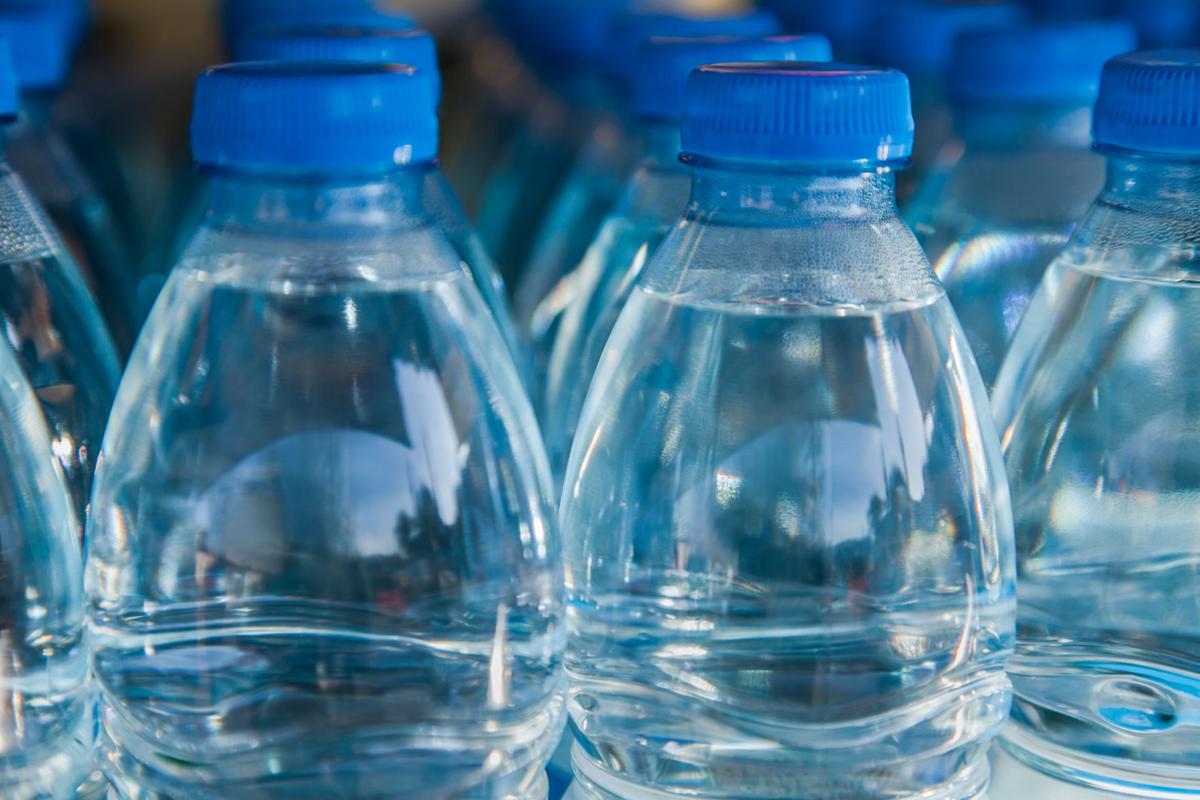The following column is the opinion and analysis of the writer.
A few weeks ago, I found myself in a Target full of uncertain looking people stocking up on things such as groceries, toilet paper and Clorox wipes. One item that confused me that people were panic-buying in bulk was bottled water.
While I didn’t think about this at the time, looking back, I realize how privileged I am to feel certain in my water supply. Unfortunately many areas, including the Navajo Nation, do not have the same luxury of water security. According to the Navajo Nation President Jonathan Nez, “There is a large population on our nation that don’t have running water, so they have to go and haul water for their household”.
On April 14, the Navajo Nation reported 468 cases of COVID-19 per 100,000 people. At the time, this was the highest number of cases per capita outside of New York and New Jersey in the United States. To combat this, weekend and overnight curfews have been implemented. However, not having running water adds another level of complexity to combat the virus.
In addition to making it more difficult for people to travel to get water during lockdowns, it forces people to leave their homes and risk their health. Without running water, it becomes more difficult to practice proper hand hygiene. Surgeon General Jerome Adams acknowledged this, claiming “we tell people to wash their hands, but a study shows 30% of the homes on the Navajo Nation don’t have running water, so how are they going to do that?”
In a world becoming increasingly uncertain in many ways including both COVID 19 and climate change, it is worrying that water supplies could become increasingly less stable.
Communities such as the Navajo Nation are more vulnerable than others. Arizona and neighboring states in the Southwest should collaborate with the Navajo Nation to work on attaining regional water security and equity. Locally driven efforts and infrastructure based on community needs should be built and supported to bring water to all homes.
Additionally, conservation methods to secure a clean water supply for future generations need to be developed. The widespread advice to wash your hands frequently during this time may sound simple, however, without water it is impossible. This shows that along with being a large humanitarian and environmental problem, a shortage of clean and easily accessible water is a massive public health challenge which requires larger awareness and immediate action.





